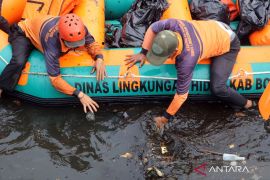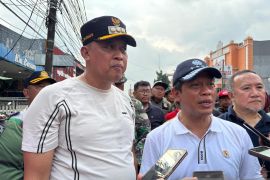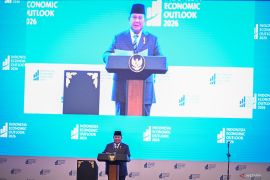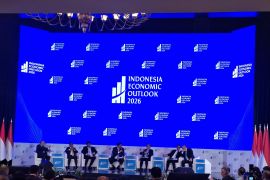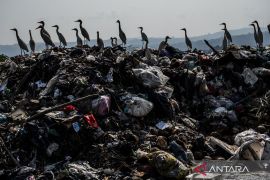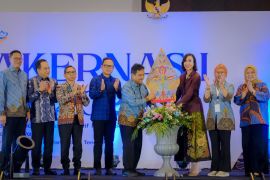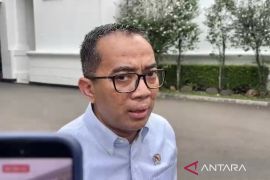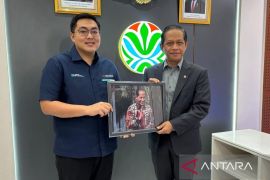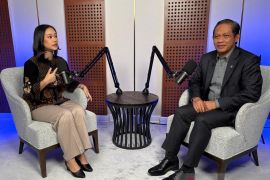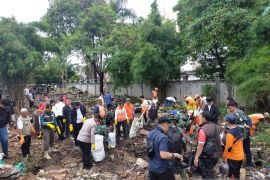In response to this growing demand, the Indonesian government is working to simplify regulations and promote ease of doing business—especially in areas involving capital and technology.
"Many investors are interested in investing, but the regulations are so complicated that no one dares to proceed. They simply can't handle it," Hasan said on Friday.
Alongside foreign investment, Indonesia’s sovereign wealth fund, Danantara, is also expected to play a key role in supporting the development of WtE projects, given their financial viability.
"This is a business that many find attractive because it is both feasible and profitable," he added.
To accelerate WtE development, the government plans to streamline the licensing process for converting waste into electricity, addressing a major hurdle for potential investors.
Currently, according to Hasan, permits for waste processing must pass through multiple ministries, state agencies, and local governments, making the process burdensome and time-consuming.
"We aim to resolve this quickly by shortening the licensing chain, which is currently far too long," he stated.
As part of these reforms, the government is working to merge three existing presidential regulations into a unified policy that supports WtE development using environmentally friendly technologies.
Under the revised scheme, the electricity price for power generated from WtE plants (PLTSa) will be set at 18–20 cents per kilowatt hour (kWh)—higher than the current tariff of 13.5 cents/kWh set by state utility PT PLN for such projects.
Related news: Waste-based power plants to use pollutant-reducing tech: Minister
Related news: BRIN develops technology to convert plastic into fuel
Translator: Maria Cicilia Galuh Prayudhia, Yashinta Difa
Editor: Anton Santoso
Copyright © ANTARA 2025

